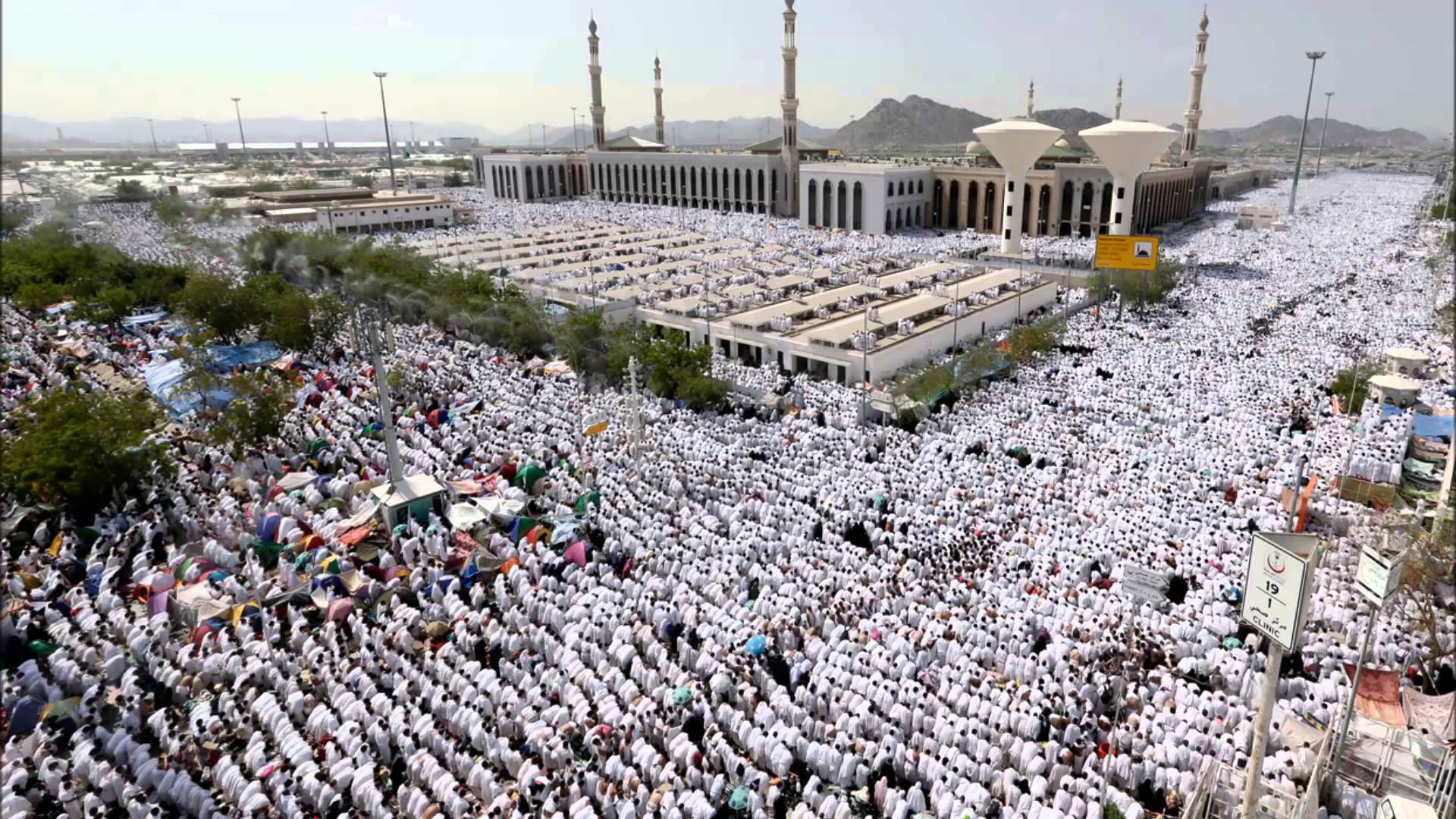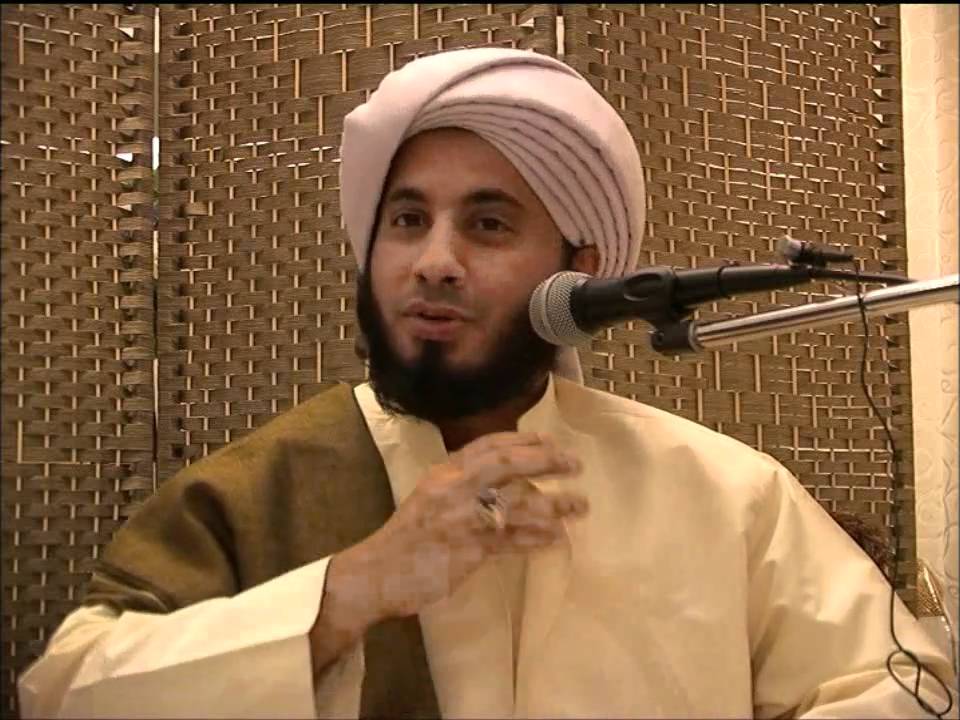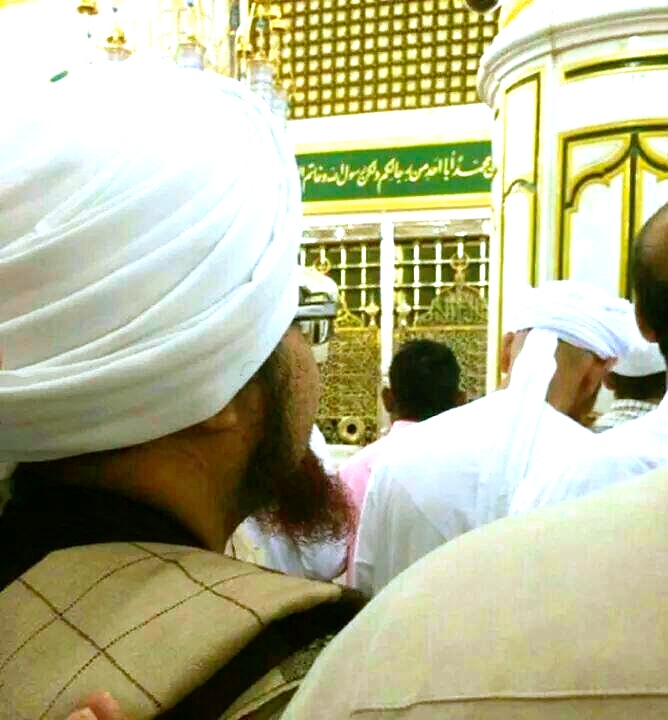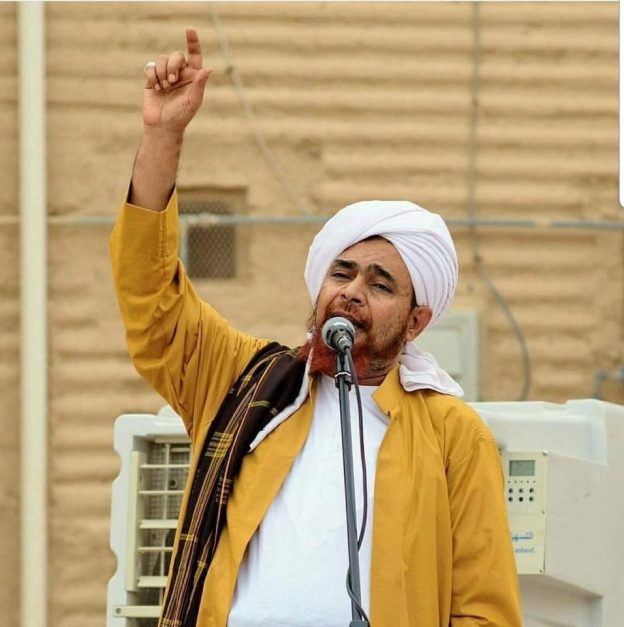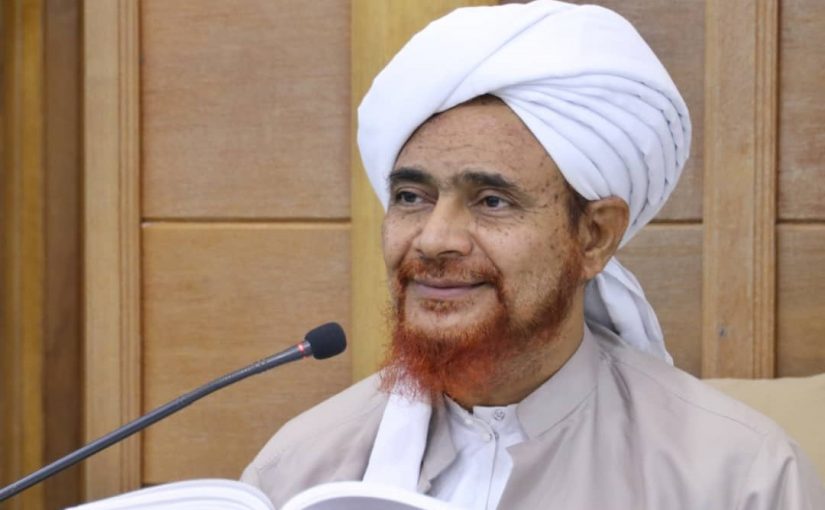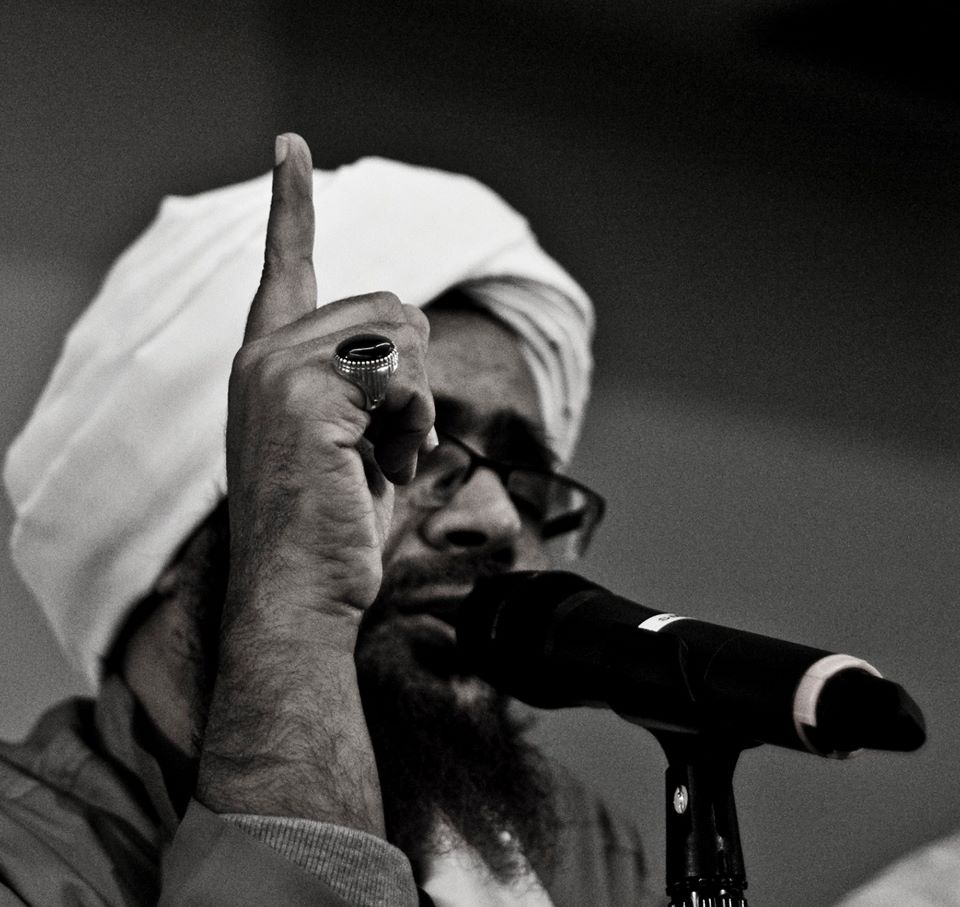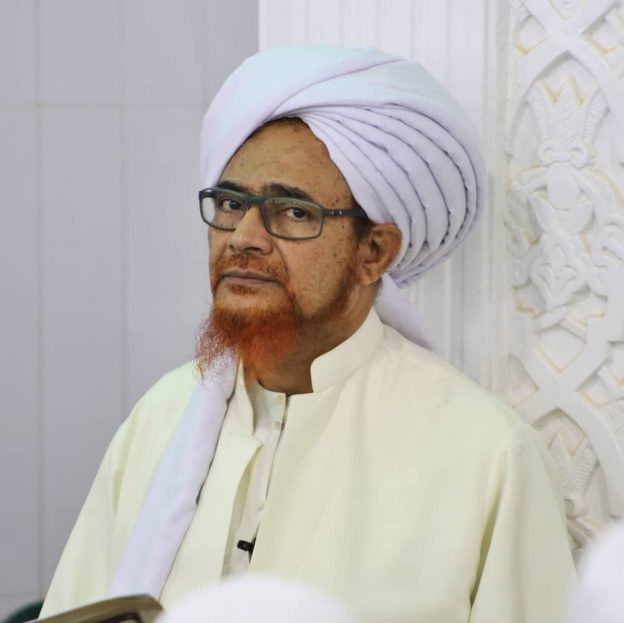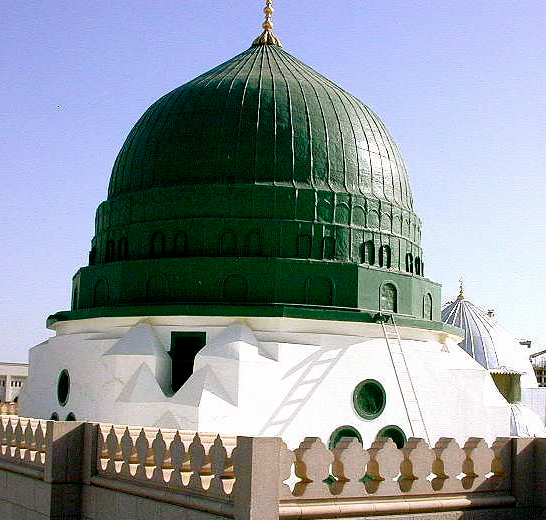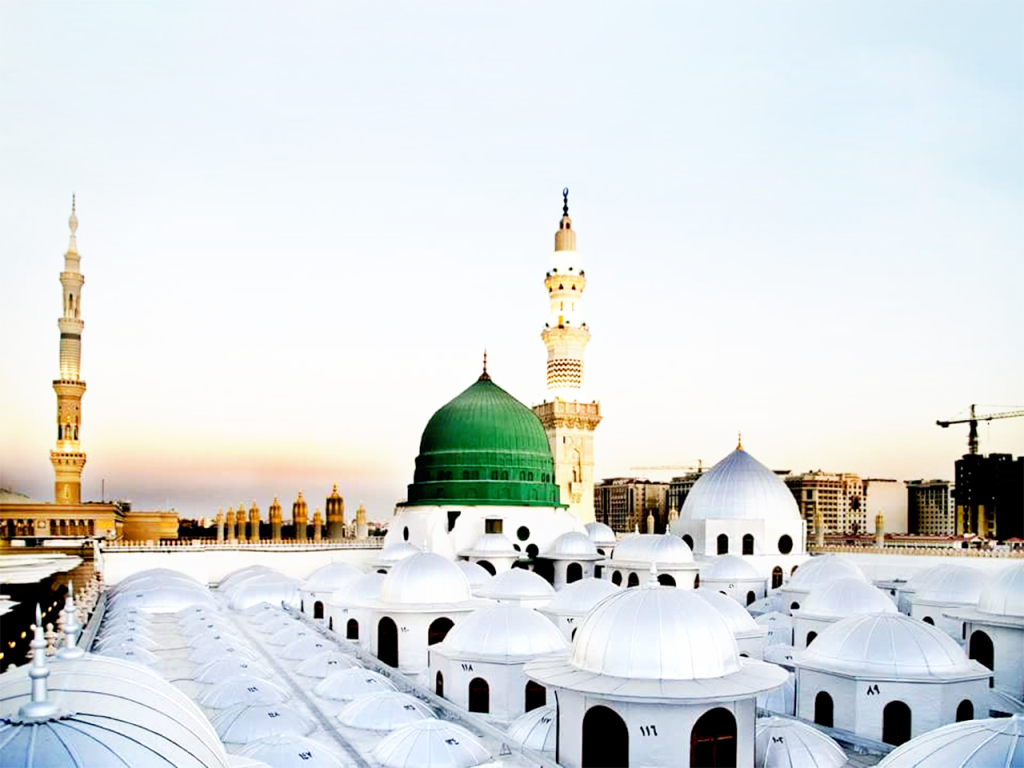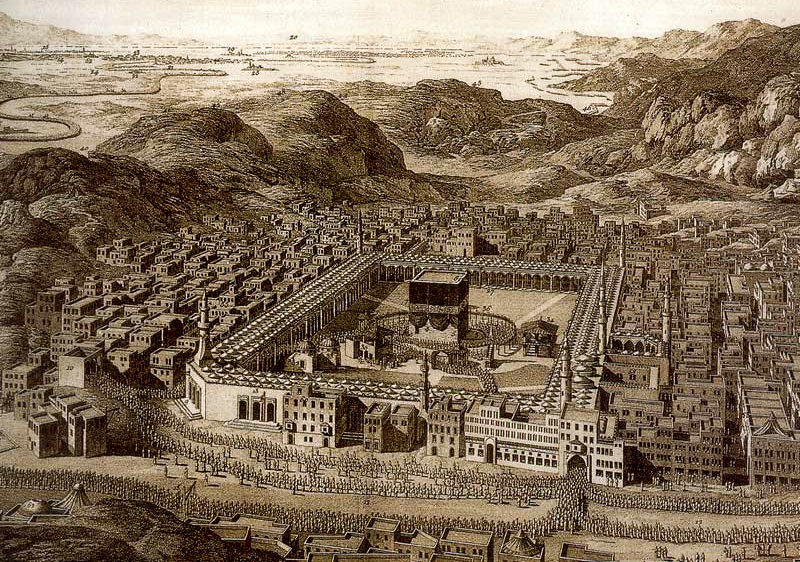The magnificent ten days of Dhu’l-Hijjah are almost over and we are approaching their climax, the Day of Arafah (9th Dhu’l-Hijjah). On this day there is an immense outpouring of divine mercy and bounty and it is considered by many scholars to be the best day of the year. Continue reading The Best Day of the Year: the Day of Arafah
Author: admin
Focusing on Allah’s Remembrance
Advice from Habib Husayn al-Saqqaf (may Allah protect him and benefit us by him)
When you remember Allah, you should focus on two things:
- Realising the greatness of Allah and His remembrance. Allah says:
Selected Salawat: Salat of Dhu’l-Hijjah
“In these days we want true prayer, true fasting, true recitation of the Qur’an and a true connection to the blessed Prophet ﷺ so that we can be close to him on the Day of Gathering, so that we can be with the best of people who come to drink from his pure Pool. O Allah, allow us to drink from his Pool, O Loving One, O Most Generous, O Most Merciful!“ Continue reading Selected Salawat: Salat of Dhu’l-Hijjah
Advice in Times of Hardship
Answered by Sayyidi Habib Umar bin Hafiz (may Allah protect him and benefit us by him)
These are difficult times for Muslims in America. Recently young Muslims have been killed and an Islamic centre has been burnt down. What advice do you have for us?
These are some of the tribulations that occur at the end of time. Following the correct moderate path is what deflects these tribulations.
Insights into Purification: On Loss of Intellect and Sleep
If someone loses their intellect, their wudu is nullified.
The word for intellect (‘aql) has the meaning of preventing. A person’s intellect prevents him from committing a reprehensible act.
It has been narrated that if someone commits a sin, part of his intellect departs and never returns. The meaning of this is that committing a sin dims the light of a person’s faith and intellect. If he repents and performs a good deed, it will wipe out the effect of the sin but it will not make up for the loss of intellect. Had he not committed the sin in the first place, the light of his faith and intellect would have increased. Continue reading Insights into Purification: On Loss of Intellect and Sleep
On the Seeker Breaking his Covenant with his Shaykh
Answered by Sayyidi Habib Umar bin Hafiz (may Allah protect him and benefit us by him)
What things would constitute the seeker breaking the covenant with his shaykh?
These things would constitute breaking the covenant: Continue reading On the Seeker Breaking his Covenant with his Shaykh
What is the Intellect?
Answered by Sayyidi Habib Umar bin Hafiz (may Allah protect him and benefit us by him)
The intellect (‘aql) is a faculty which enables us to understand reality. It is unique to humans and through it they are able to access things which other creatures are unable to access. The intellect is a gift and secret which Allah bestowed upon mankind. Allah said about its origin: I breathed into him of My spirit (15:29) Continue reading What is the Intellect?
Salawat with Allah’s Beautiful Names: Ya Nur (the Light)
Every morning the Messenger of Allah ﷺ would ask his Lord to place light in his heart and in all his affairs. In this prayer, Sayyidi Habib Umar bin Hafiz (may Allah preserve him and benefit us by him) teaches us to seek that same light from Allah through the means and light of His Beloved ﷺ. Continue reading Salawat with Allah’s Beautiful Names: Ya Nur (the Light)
Advice for Visitors to Makkah and Madinah
Advice from Sayyidi Habib Umar bin Hafiz (may Allah protect him and benefit us by him) to visitors to the Two Holy Sanctuaries.
Allah says: If someone venerates the sacred things of Allah, this is truly a sign of piety in the heart (22:32). The five most sacred things are the Prophet ﷺ, the Ka’bah, the Qur’an, the five prayers and Ramadan. The Prophet is the most sacred of these things. Thus nothing is more pleasing to Allah than for us to go to him, since he is the most beloved of Allah’s creation to Him. However great the Ka’bah or the Throne is in Allah’s sight, nothing can compare to the greatness of the Prophet ﷺ. Continue reading Advice for Visitors to Makkah and Madinah
Imam al-Haddad’s Counsels on Hajj and Umrah
Counsels on Travelling
You must hold fast to all the acts of devotion which you perform regularly when you are not travelling. Do not make light of leaving any of them. You should make up any acts of devotion that you are unable to perform due to travelling when you are able to do so if they are of the sort that can be made up. If it is not possible to make them up, then remember that Allah has made things easy for people travelling. The hadith states: “If a believer travels or becomes sick, Allah orders His angels to record for him the same actions that he would perform when he was not travelling and was in good health.”1 This is a blessing, a mercy and a source of ease from Allah. All praise be to Allah – He is so merciful and kind to His slaves! Continue reading Imam al-Haddad’s Counsels on Hajj and Umrah

